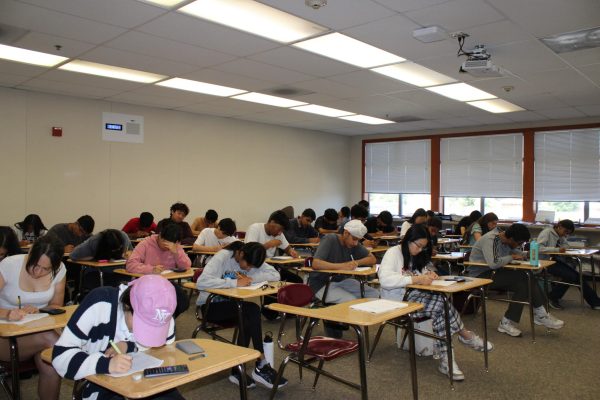Coronavirus can be China’s Chernobyl
The first case of the coronavirus, a highly contagious virus that can lead to lethal respiratory infections in humans, was first confirmed in Wuhan, China in December 2019.
Today, the virus is circulating among people through contact, spreading rapidly to 28 countries and infecting more than 30,000 people worldwide. As of Feb. 7, the deadly virus has claimed more than 600 lives.
Chinese officials have promised to quarantine infected individuals, but many fear the Chinese government has not been entirely truthful regarding the scale of the outbreak and believe the real situation is much more dire than reported.
Wuhan doctor Wenliang Li, who communicated the emerging threat of the virus on the Chinese social media app WeChat, was taken in by authorities for his critical exposés.
Many other whistleblowers such as Li faced the same fate, as government authorities deleted their social media posts and threatened to arrest them.
Since the outbreak of the coronavirus, Chinese leader Xi Jinping has been maintaining a low profile, rarely appearing in newscasts to address the epidemic. In spite of the virus’s rapid proliferation and immediate, devastating economic effects, Chinese authorities appear to be more focused on censoring citizen journalists’ reporting that contradict the official narrative.
Chinese censorship is no longer a domestic problem. It is a catastrophic danger to the entire world.
While Chinese authorities are right to remove any speech that may agitate mass hysteria, they certainly do not have the right to censor reporting because it deviates from the state’s speech, especially when the government lacks the power to fully understand and control the virus.
In 1986, a calamitous accident at the Chernobyl nuclear power plant in Ukraine occurred, causing severe radiation sickness and contaminating broad areas around the site. Many people are still suffering the consequences of the infamous nuclear disaster today.
Throughout the catastrophe, the Soviet Union denied and lied about the scope of the accident. Their actions instilled in people a sense of false reassurance and delayed the evacuation and clean-up processes, thereby intensifying the aftermath.
As history has shown, transparency is essential to public health. If the Chinese government does not disclose the full extent of the new epidemic, the deadly coronavirus can become China’s Chernobyl.


Nils Jonsson • Feb 12, 2020 at 7:32 am
Physician and politician Rudolf Virchow said that politics is medicine writ large. Tragically, there appears to be a clear connection between the spread of 2019–nCoV and the policies of the Chinese Communist Party.
I think the comparison you make to the Chernobyl disaster is an apt one. Democratic transparency is vital to promoting human welfare — no less so in a time of crisis.
In the age of fake news, unscrupulous politicians the world over are using the growing public mistrust of democratic institutions in order to consolidate power. The U.S. is not immune to this threat.